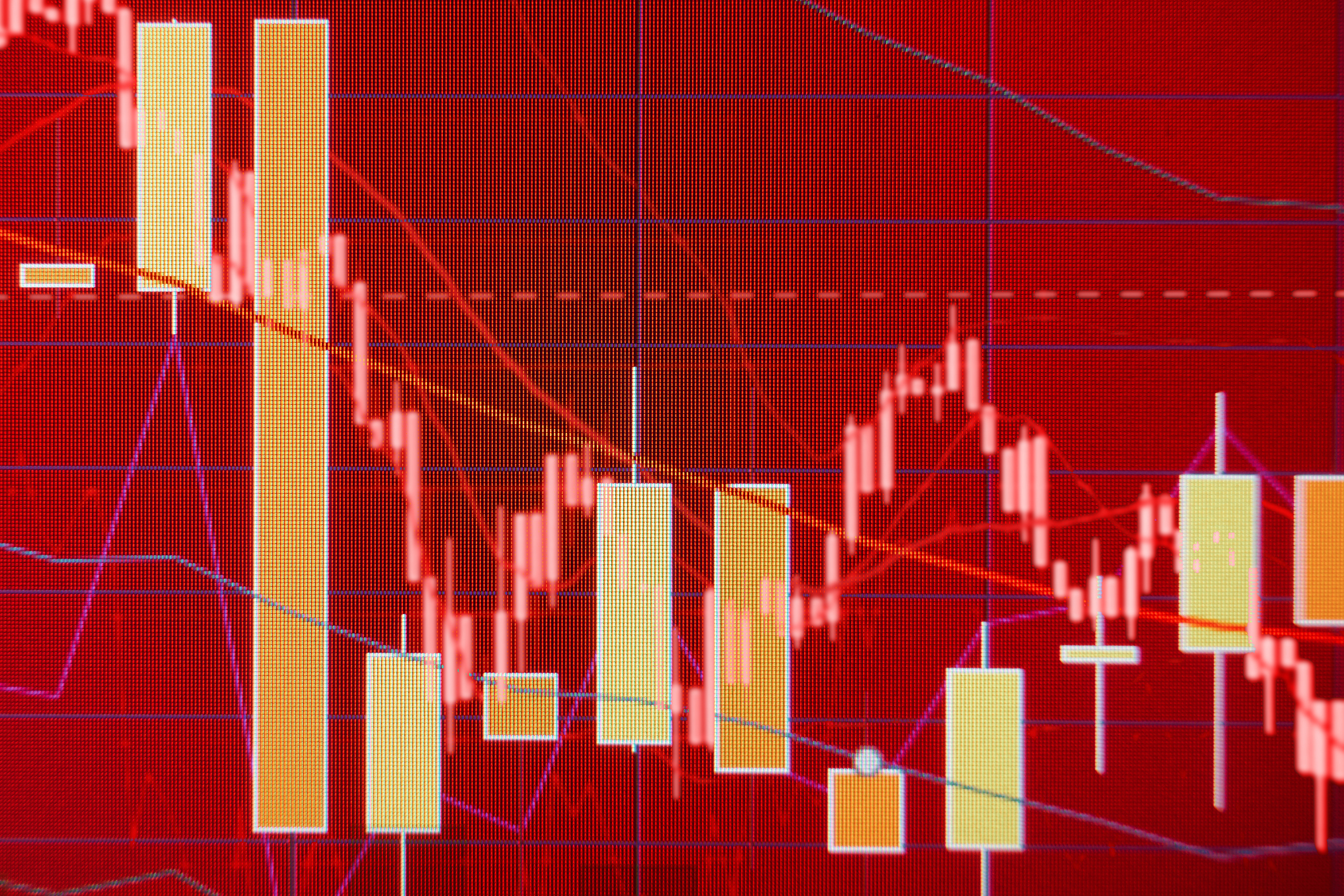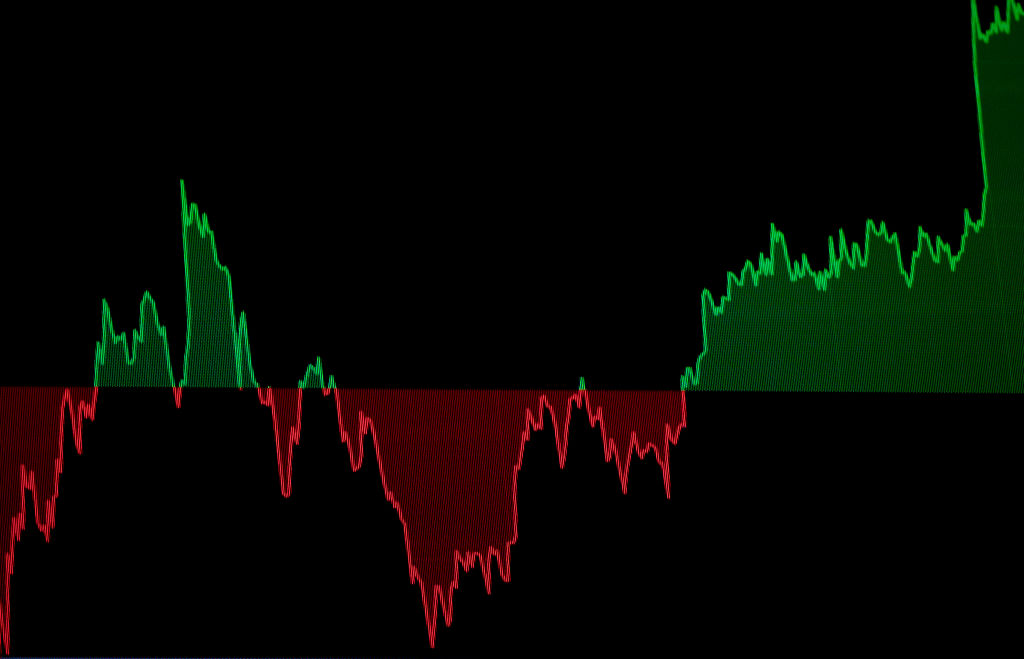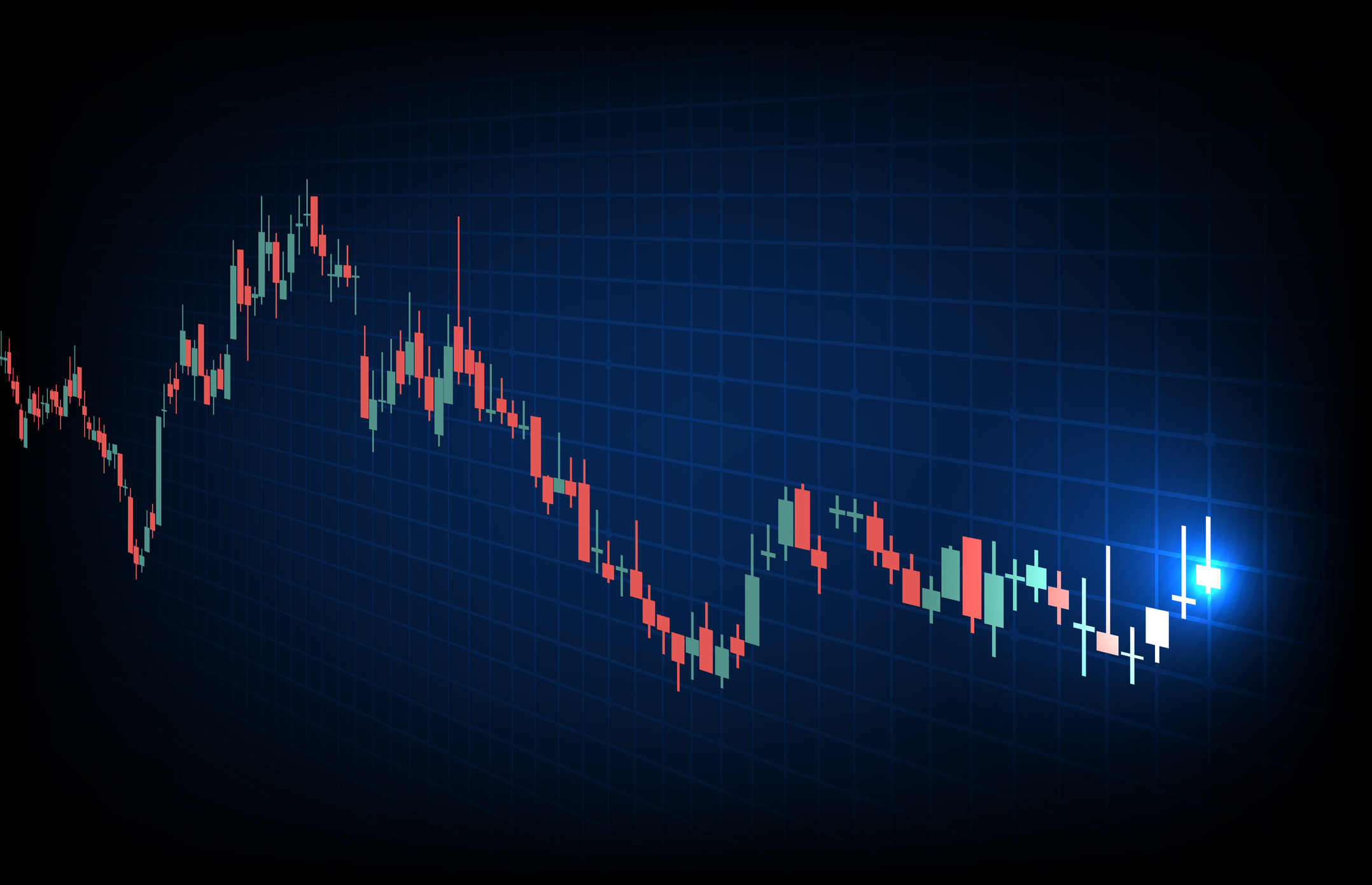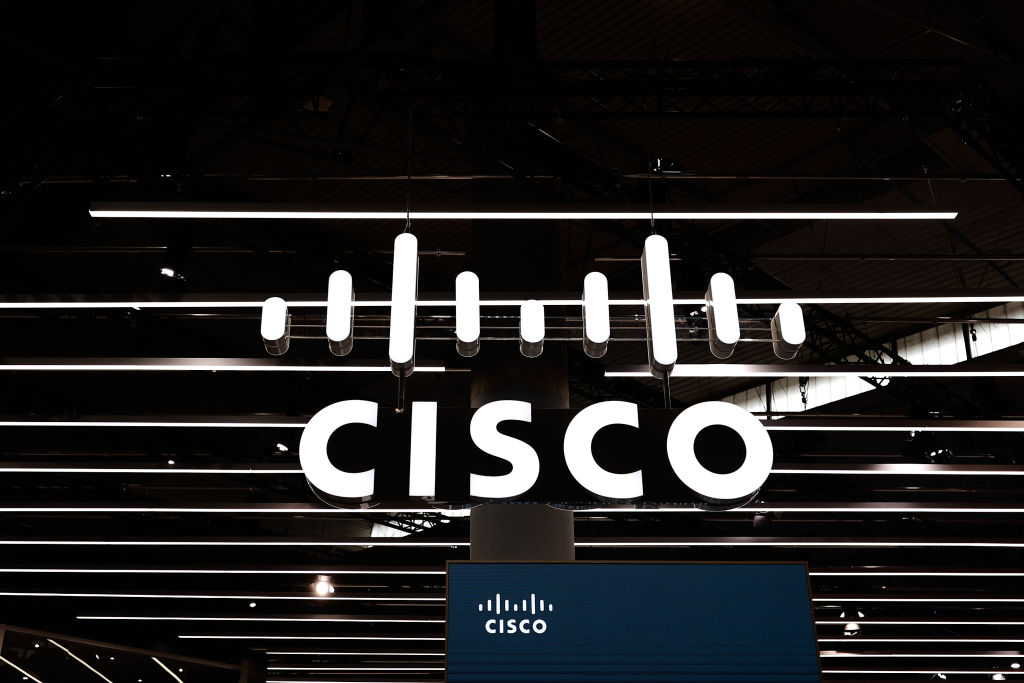Microsoft Versus Apple
With Microsoft, expectations are so low that it's far more likely to deliver pleasant surprises.
Profit and prosper with the best of Kiplinger's advice on investing, taxes, retirement, personal finance and much more. Delivered daily. Enter your email in the box and click Sign Me Up.
You are now subscribed
Your newsletter sign-up was successful
Want to add more newsletters?

Delivered daily
Kiplinger Today
Profit and prosper with the best of Kiplinger's advice on investing, taxes, retirement, personal finance and much more delivered daily. Smart money moves start here.

Sent five days a week
Kiplinger A Step Ahead
Get practical help to make better financial decisions in your everyday life, from spending to savings on top deals.

Delivered daily
Kiplinger Closing Bell
Get today's biggest financial and investing headlines delivered to your inbox every day the U.S. stock market is open.

Sent twice a week
Kiplinger Adviser Intel
Financial pros across the country share best practices and fresh tactics to preserve and grow your wealth.

Delivered weekly
Kiplinger Tax Tips
Trim your federal and state tax bills with practical tax-planning and tax-cutting strategies.

Sent twice a week
Kiplinger Retirement Tips
Your twice-a-week guide to planning and enjoying a financially secure and richly rewarding retirement

Sent bimonthly.
Kiplinger Adviser Angle
Insights for advisers, wealth managers and other financial professionals.

Sent twice a week
Kiplinger Investing Weekly
Your twice-a-week roundup of promising stocks, funds, companies and industries you should consider, ones you should avoid, and why.

Sent weekly for six weeks
Kiplinger Invest for Retirement
Your step-by-step six-part series on how to invest for retirement, from devising a successful strategy to exactly which investments to choose.
One of the toughest calls we have to make as value investors is how much weight to assign a stock's price relative to the underlying company's growth potential. Pay too much and even stocks of the best companies can turn out to be clunkers. If, say, you had paid $70 for a share of Cisco Systems (symbol CSCO) in mid 2000, you would have lost 73% of your money to date, even though the company's earnings per share have quadrupled. How is that possible? Simple: In 2000, the stock traded at 194 times the previous 12 months' earnings. Today, it sells for 14 times trailing earnings. On the other hand, an inferior business selling at a cheap price can be a value trap -- a stock that appears inexpensive but goes nowhere or declines as the business fades (think newspaper publishers and check printers).
New thinking. Having had plenty of unfortunate experiences with value traps, we have shifted away from a price-is-all-that-matters mentality. We've noticed a similar evolution among many accomplished investors. For example, when we interviewed legendary hedge-fund manager Julian Robertson for our Value Investor Insight newsletter, he told us that his concept of value had changed over time. While he once focused solely on stocks with low price-earnings ratios and other traditional measures of value, he now takes a more flexible approach: "Something at 30 times earnings growing at 25% per year -- assuming I have confidence it will grow at that rate for some time -- can be much cheaper than something at seven times earnings growing at 3%."
The relative merits of Apple (AAPL) and Microsoft (MSFT) provide one example of this price-versus-growth dilemma (and illustrate an investment call we've gotten 100% wrong). With everything it touches seemingly turning to gold, Apple has seen its revenues increase by more than 35% annually over the past five years. Meanwhile, its net income has grown at an astonishing 60% per year. Investors with greater foresight than ours have been amply rewarded. Apple shares, which traded in the mid $60s five years ago, now go for $357 (all share prices and related data are through February 11).
From just $107.88 $24.99 for Kiplinger Personal Finance
Become a smarter, better informed investor. Subscribe from just $107.88 $24.99, plus get up to 4 Special Issues

Sign up for Kiplinger’s Free Newsletters
Profit and prosper with the best of expert advice on investing, taxes, retirement, personal finance and more - straight to your e-mail.
Profit and prosper with the best of expert advice - straight to your e-mail.
Microsoft, on the other hand, has been more of a value trap. Earnings have grown a respectable 9% annually over the past five years, but the stock, at $27, has scarcely budged. Although Microsoft's shares have appeared "cheaper" than Apple's for some time based on traditional measures of value, we now know that Apple was the true bargain.
So which stock do we favor today? While hardly the popular pick, we're sticking with Microsoft, in large part because of the protection we believe the stock's rock-bottom valuation provides. The company's enterprise value (its market capitalization plus debt outstanding, less $4.85 per share in cash and investments on the balance sheet) is just over $23 per share -- or only ten times the $2.35 per share that Microsoft earned in 2010. That is dirt-cheap for a company that seems to be firing on all cylinders, with sales growth in the October-December quarter of 15% and earnings-per-share growth of nearly 30%.
Subtracting Apple's cash and investments of $60 billion, or about $64 a share, its stock trades at a bit more than 16 times the $17.91 per share it earned in calendar year 2010. That's about the same as the overall stock market's P/E. So while Apple shares are not expensive, they're not cheap, either (for another take, see Apple: A Slice of Every Portfolio).
It boils down to this: We hesitate to pull the trigger on Apple because it's just not inexpensive enough to take the risk that its long string of successes will remain unbroken. Were it to disappoint, the market would likely be unsparing in its punishment. With Microsoft, expectations are so low that it's far more likely to deliver pleasant surprises than disappointing ones, and that is something that should be of great comfort to its shareholders.
Profit and prosper with the best of Kiplinger's advice on investing, taxes, retirement, personal finance and much more. Delivered daily. Enter your email in the box and click Sign Me Up.

-
 When Estate Plans Don't Include Tax Plans, All Bets Are Off
When Estate Plans Don't Include Tax Plans, All Bets Are OffEstate plans aren't as effective as they can be if tax plans are considered separately. Here's what you stand to gain when the two strategies are aligned.
-
 Relying on Real Estate in Retirement? Avoid These 3 Mistakes
Relying on Real Estate in Retirement? Avoid These 3 MistakesThe keys to successful real estate planning for retirees: Stop thinking of property income as a reliable paycheck, start planning for tax consequences and structure your assets early to maintain flexibility.
-
 These Small Money Habits Really Can Plant Roots
These Small Money Habits Really Can Plant RootsFebruary gets a bad rap for being the month when resolutions fade — in fact, it's the perfect time to reset and focus on small changes that actually pay off.
-
 AI Unwind Takes 2% Off the Nasdaq: Stock Market Today
AI Unwind Takes 2% Off the Nasdaq: Stock Market TodayMarkets are paying more and more attention to hyperscalers' plans to spend more and more money on artificial intelligence.
-
 Dow Rises 313 Points to Begin a Big Week: Stock Market Today
Dow Rises 313 Points to Begin a Big Week: Stock Market TodayThe S&P 500 is within 50 points of crossing 7,000 for the first time, and Papa Dow is lurking just below its own new all-time high.
-
 Dow Dives 797 Points as Government Opens: Stock Market Today
Dow Dives 797 Points as Government Opens: Stock Market TodayThe process of pricing and re-pricing realities old and new never stops, and next week promises to be at least as exciting as this week.
-
 Dow Climbs 327 Points, Crosses 48,000: Stock Market Today
Dow Climbs 327 Points, Crosses 48,000: Stock Market TodayMarkets are pricing the end of the longest government shutdown in history – and another solid set of quarterly earnings.
-
 Stock Market Today: Stocks Slip After Powell Talks Rate Cuts
Stock Market Today: Stocks Slip After Powell Talks Rate CutsThe main indexes closed lower Thursday after Fed Chair Powell said there's no rush to cut rates.
-
 Cisco Stock: Why Wall Street Is Bullish After Earnings
Cisco Stock: Why Wall Street Is Bullish After EarningsCisco stock is lower Thursday despite the tech giant's beat-and-raise quarter, but analysts aren't concerned. Here's what you need to know.
-
 Cisco Leads Dow Stocks After Earnings, Job Cuts: What to Know
Cisco Leads Dow Stocks After Earnings, Job Cuts: What to KnowCisco Systems is the best Dow Jones stock Thursday after the tech giant beat earnings expectations and announced a new round of layoffs.
-
 Stock Market Today: Stocks End Wild Week With a Win
Stock Market Today: Stocks End Wild Week With a WinPalantir Technologies and Sweetgreen were two notable gainers Friday, while Intel continued to fall.

